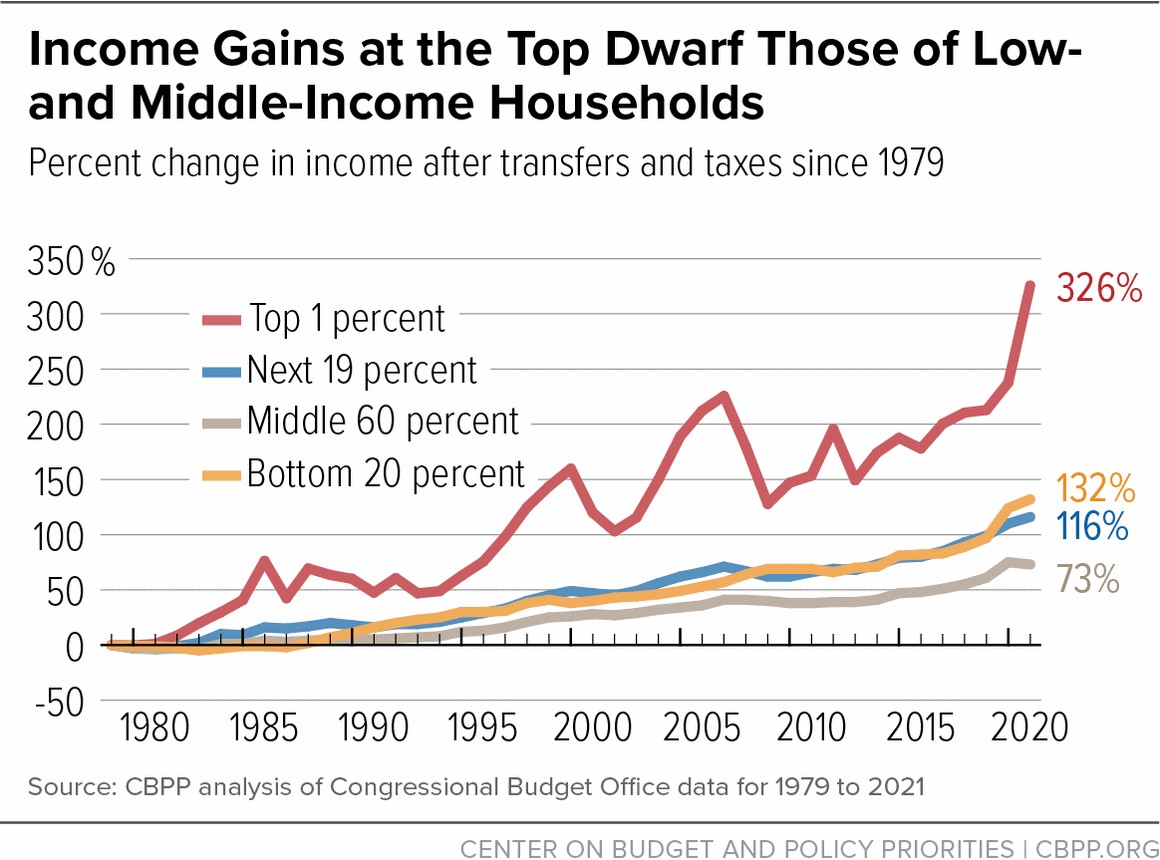
A stark warning about potential societal collapse in the UK within the next decade has emerged from a comprehensive new report examining growing wealth inequality. The study, conducted by the Fairness Foundation and King's College London, brings together insights from senior experts across politics, government, academia, business and civil society.
The report highlights a concerning cycle where ineffective wealth taxation leads to inadequate public services and declining living standards. This erosion of the social contract is causing widespread distrust in political institutions, with 63% of Britons now believing the ultra-wealthy have excessive influence over UK politics.
Multiple potential triggers for societal breakdown were identified, including:
- Economic crises like runaway inflation
- Climate disasters such as Thames Barrier failure
- Technological disruption from AI causing mass unemployment
- Advanced quantum computing threatening privacy
The experts point to historical evidence suggesting that the combination of rising poverty, wealth concentration, and competition for elite positions often precedes societal collapse without decisive intervention.
James Perry from Patriotic Millionaires UK emphasized that wealth inequality poses strategic risks across the UK's economy, society, democracy and environment, calling for immediate action to prevent impacts from spiraling out of control.
Katie Barnes of the National Preparedness Commission noted that growing inequality undermines citizens' collective resilience - their ability to respond to and recover from complex challenges. She advocated adding inequality to the government's national risk register as an initial step.
Dr. Jeni Mitchell, directing the Future Threats Lab at King's College London, expressed concern about how quickly workshop participants could envision scenarios of societal breakdown driven by wealth inequality. While potential solutions exist, she warned that without implementing them soon, the situation could become increasingly difficult to resolve.
The report concludes that urgent policy changes and interventions are needed to address growing wealth inequality before it threatens the UK's stability and security. While the findings paint a sobering picture, the experts suggest that collaborative problem-solving across sectors could help develop effective solutions to this complex challenge.